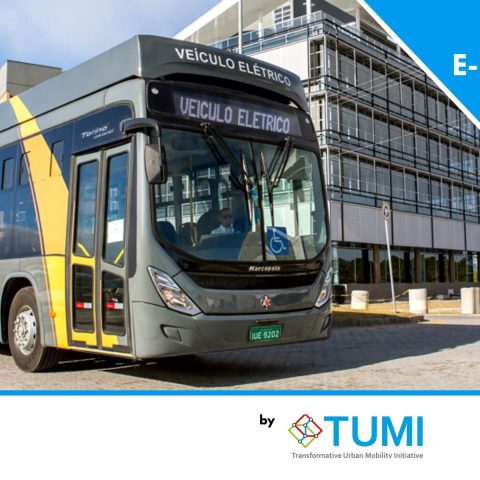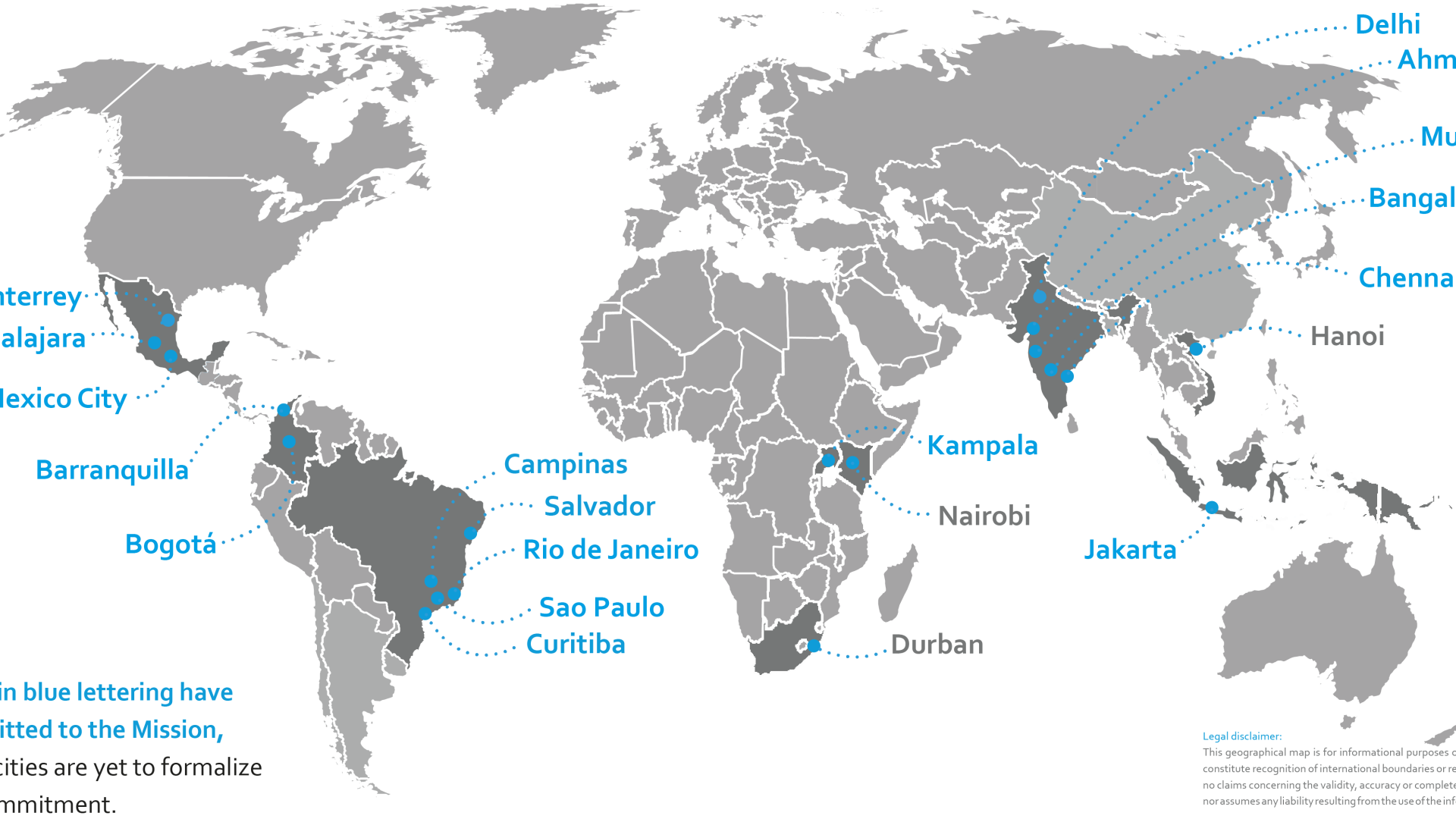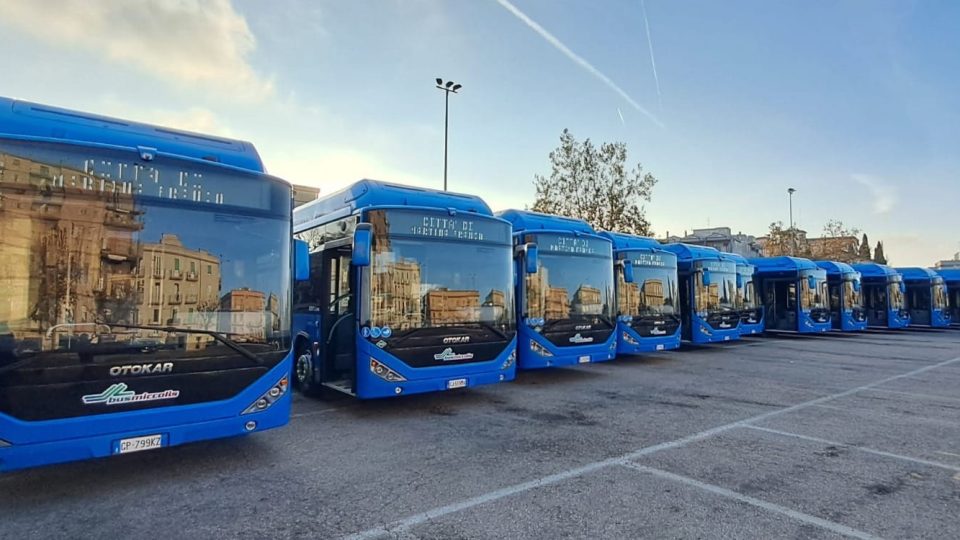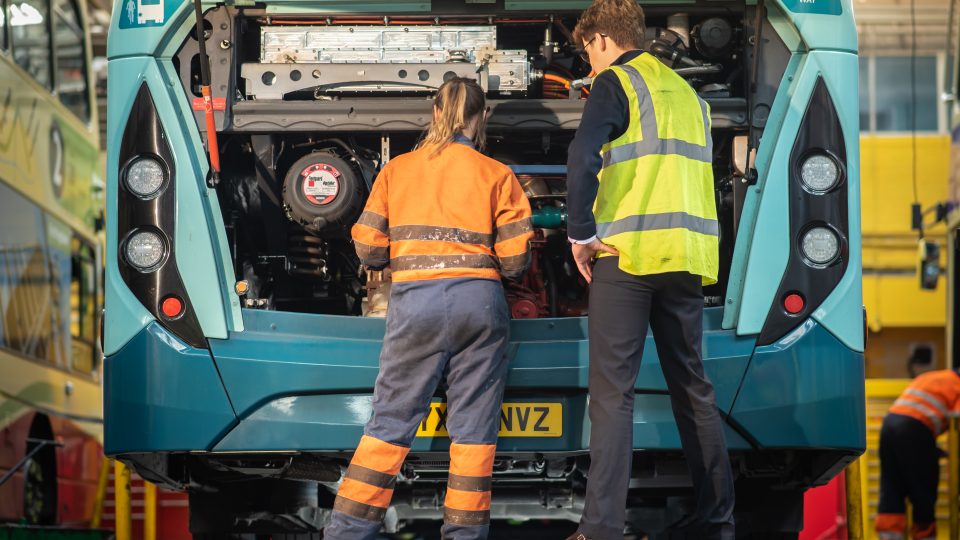On a mission to expand e-buses in 20 deep dive cities [TUMI E-Bus Mission #1]
From Colombia to Kenya, India to Uganda, a new and impactful initiative is supporting major metropolitan areas to expand and speed up their e-bus rollout of e-buses. The Transformative Urban Mobility Initiative (TUMI) works with cities in the Global South to support the rapid transition to electrified mobility that cities in the wealthiest nations are already undertaking. TUMI is resolving this disparity and bringing new, healthier, and low-emitting mobility to cities that need them most.

Below, a contribution from
TUMI – Transformative Urban Mobility Initiative.
It’s the first of a series of articles focusing on TUMI E-Bus Mission.
Funded by the German Ministry for Economic Cooperation and Development (BMZ) and participated by organizations such as C40 Cities, GIZ, ICCT, UITP and WRI,
it has the target of accelerating the transition to electric buses in the Global South.
Sustainable Bus is TUMI E-Bus Mission media partner.
Feedbacks, questions and contributions are welcome (at info@sustainable-bus.com)
From Colombia to Kenya, India to Uganda, a new and impactful initiative is supporting major metropolitan areas to expand and speed up their e-bus rollout of e-buses. With the TUMI E-Bus Mission, the Transformative Urban Mobility Initiative (TUMI) works with cities in the Global South to support the rapid transition to electrified mobility that cities in the wealthiest nations are already undertaking. TUMI is resolving this disparity and bringing new, healthier, and low-emitting mobility to cities that need them most.
TUMI E-Bus Mission: 20 cities in the spotlight
Electric mobility and enhanced public transport serve as important tools in reducing greenhouse gas emissions* — a necessary and urgent step toward meeting the goals set forth by the Paris Climate Agreement to limit warming to 1.5 degrees Celsius. E-buses play a vital role in achieving national and city climate goals by reducing individual passenger vehicle trips, introducing cleaner shared-use alternatives, and spreading access zero-emission transport widely across cities.
To see the implementation of e-buses through to fruition, the TUMI E-Bus Mission, selected 20 cities around the globe to take part in a “deep dive” of transit electrification. After these cities make a political commitment to the initiative and lay out an electrification roadmap, TUMI will offer technical assistance to help cities learn and experiment with how best to operationally and financially manage e-bus procurement and capacity development to ensure that cities have the means to upscale their rollout.
The cities selected include a truly global mixture:

Delhi, Mumbai, Jakarta toward transition to e-buses
While there’s no one-size-fits-all answer to the questions of how best to add electric mobility into a city’s long-term planning goals, these deep dive cities will be able to tailor their e-bus solutions to match their political will. Many of these cities have already begun to transform their transit sectors through TUMI’s plan of target-setting and planning:
- Several of these cities, including Curitiba, Rio de Janeiro, Salvador, and São Paulo, Brazil have already finalized their targets for e-bus adoption, as has Mexico City.
- Delhi set a goal of 300 e-buses adopted by January 2022, and Mumbai is looking at tenfold that number, aiming for 3,000 e-buses by 2025 and 100 percent fleet electrification by 2028.
- Jakarta***, which already pledged to implement 100 e-buses by 2021, expanded on that goal with the aim of making half of Transjakarta’s bus fleet electric by 2025 and up to 83 percent e-buses in 2030.
This commitment to sustainable long-term planning is a game changer that will accelerate global uptake of electric buses as a disruptive technology. The collaborative approach that TUMI embodies has led to faster and more robust e-bus adoption around the world and fostered global dialogues that have engaged and unlocked the support of the private sector. By working together through the TUMI E-Bus Mission, we can meet ambitious climate goals and ensure that clean transit options are available to all global citizens.
*TUMI-Transport-Outlook.pdf (transformative-mobility.org)
**Aaditya Thackeray on Twitter
***Transjakarta Electric Bus Implementation Plan 2020-2030









